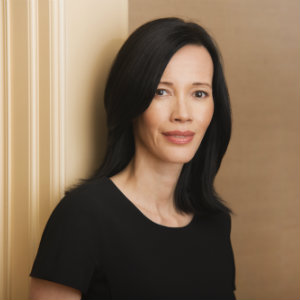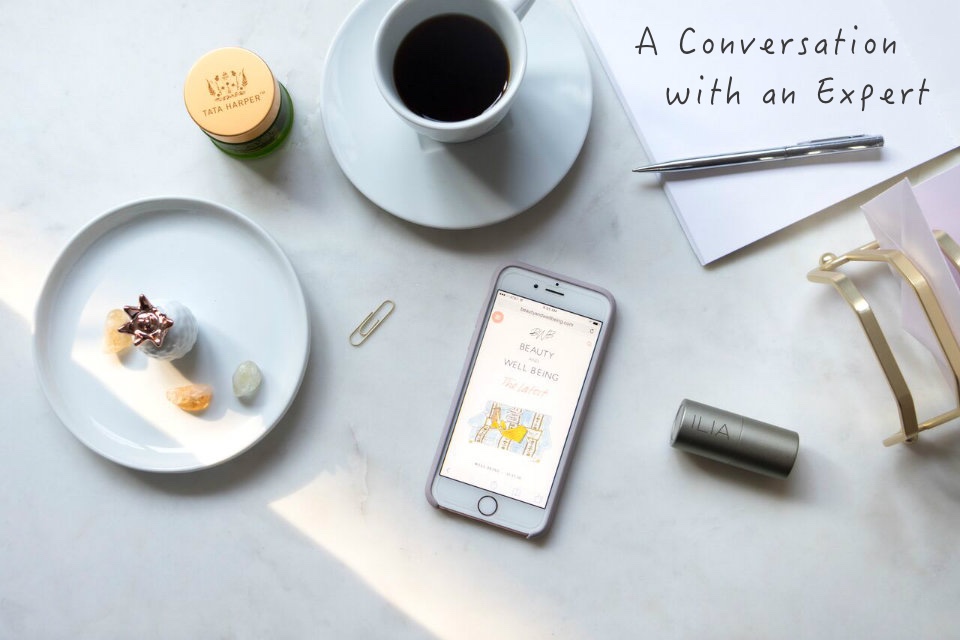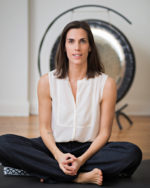A Fertility Expert on Egg Freezing your biological choice
As a fertility acupuncturist, I can share a lot about how acupuncture works to support the IVF process, as well what lifestyle changes will help prepare you for fertility treatments. These are the kinds of conversations I have with patients and doctors as we work through the (sometimes very complicated) fertility journey.
Egg freezing presents a life changing opportunity for women, and it deserves a place in the fertility conversation.
Before the journey becomes complicated, though, there is another conversation all of us can start having: whether or not to freeze your eggs. For years now, the fertility industry has made incredible progress in the science of egg freezing, allowing women to start planning for a family even before they are ready to become parents.
Egg freezing presents a life changing opportunity for women, and it deserves a place in the fertility conversation. At minimum, I want people to know this option exists, because if I could have offered it to any of my patients before they had to go through the pain of fertility treatments, I would have done so!
Throughout my career, I have had the chance to work with some of the best reproductive endocrinologists in the country. One of these esteemed professionals is Dr. Brian Levine, the founder of CCRM NY and a true advocate for women’s health. Below, he answered several common questions about egg freezing to help demystify the process.
We usually don’t begin talking about fertility until we want to have a child. When do you think it might be time to start thinking about egg freezing?
The conversation should start whenever a woman may want – or need – to delay childbearing in order to pursue educational, career, or other personal goals. Or she may have it simply because she just doesn’t want children yet.
When should a woman freeze her eggs?
If a woman chooses this option at 38 years old, we do not dissuade her; instead, the counseling reminds her that it may take many more eggs to achieve a normal pregnancy.
The ideal time is when she is in her prime fertile window (late 20s to 30s).
This is probably the most common question I receive. The ideal time is when she is in her prime fertile window (late 20s to 30s). Because women are born with all the eggs that they will ever have, the longer a woman waits, the higher the likelihood that the eggs are damaged by ovarian aging, which increases the risks of chromosomal abnormalities (such as Down’s Syndrome, etc.).
However, if a woman chooses this option at 38 years old, we do not dissuade her; instead, the counseling reminds her that it may take many more eggs to achieve a normal pregnancy.
How long does it take and what does it entail?
At our center, it takes approximately 10 days to complete a cycle. The patient takes a custom tailored regimen of self-administered injections (small needles), to help coax her ovaries to develop multiple follicles (within each follicle should be an egg).
She is monitored closely with blood work and ultrasounds. Once it looks like the follicles will have mature eggs, she self-administers a different medication (the trigger) which will cause her to ovulate approximately 36 hrs after administration.
The oocyte retrieval (or harvest) is scheduled for 35 hrs after self-administration and is done under anesthesia with the type of medications that are routinely used for outpatient procedures such as a colonoscopy or same-day surgery.
Where do my eggs go after the procedure?
The biological clock can literally be frozen at the day that the eggs were harvested.
Once collected, eggs are stored in tanks of liquid nitrogen where they can stay for weeks, months, or likely decades with no known effects of keeping them frozen. The biological clock can literally be frozen at the day that the eggs were harvested.
Are there various factors to consider when thinking about freezing?
A patient should consider a center’s experience with egg freezing. Although it has been estimated that over 5,000 babies have been born from frozen eggs, you need to ask your doctor about his or her comfort with their processes and procedure.
What are the costs generally involved?
The costs are nearly the same at every clinic in America. It is approximately $10,000 to undergo one cycle of egg freezing. The cost of medication is variable for each patient, and there is an annual storage fee that can range from $500-$1000 a year. Some patients have insurance coverage for egg freezing.
Where do you sit philosophically with this procedure?
It is an honor and privilege to help patients in such a profound manner. This possibility holds such great potential for women to take ownership of their fertility.
Egg freezing is the sociological equivalent of the oral contraceptive pill in offering women autonomy. This allows patients to protect their potential future families and take control of their own fertility story. It is an honor and privilege to help patients in such a profound manner. This possibility holds such great potential for women to take ownership of their fertility.
I hope this helps to shine some light on what egg freezing entails, and I urge every one of you not only to think about whether it makes sense for you personally, but also to start talking about it. This possibility holds such great potential for women to take ownership of their fertility. I cannot think of anything more important to discuss with a family member or a friend the next time you have the opportunity.

A leading integrative fertility expert, Angela Le is founder of Fifth Avenue Fertility Wellness in New York City, and one of the first acupuncturists in the country to focus only on fertility. Since 2001, her practice has supported, treated and empowered thousands of patients. As a leader in the women’s health movement, Angela is committed to embracing infertility as an opportunity for transformation and a catalyst for deeper healing and awakening.







